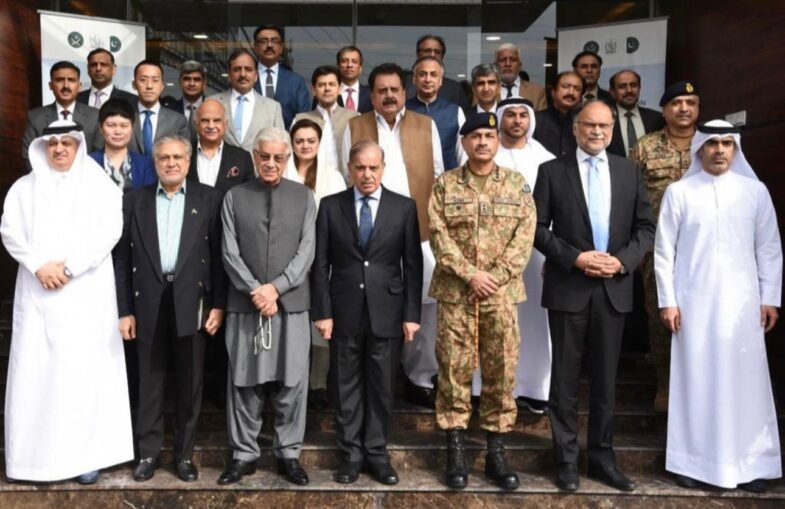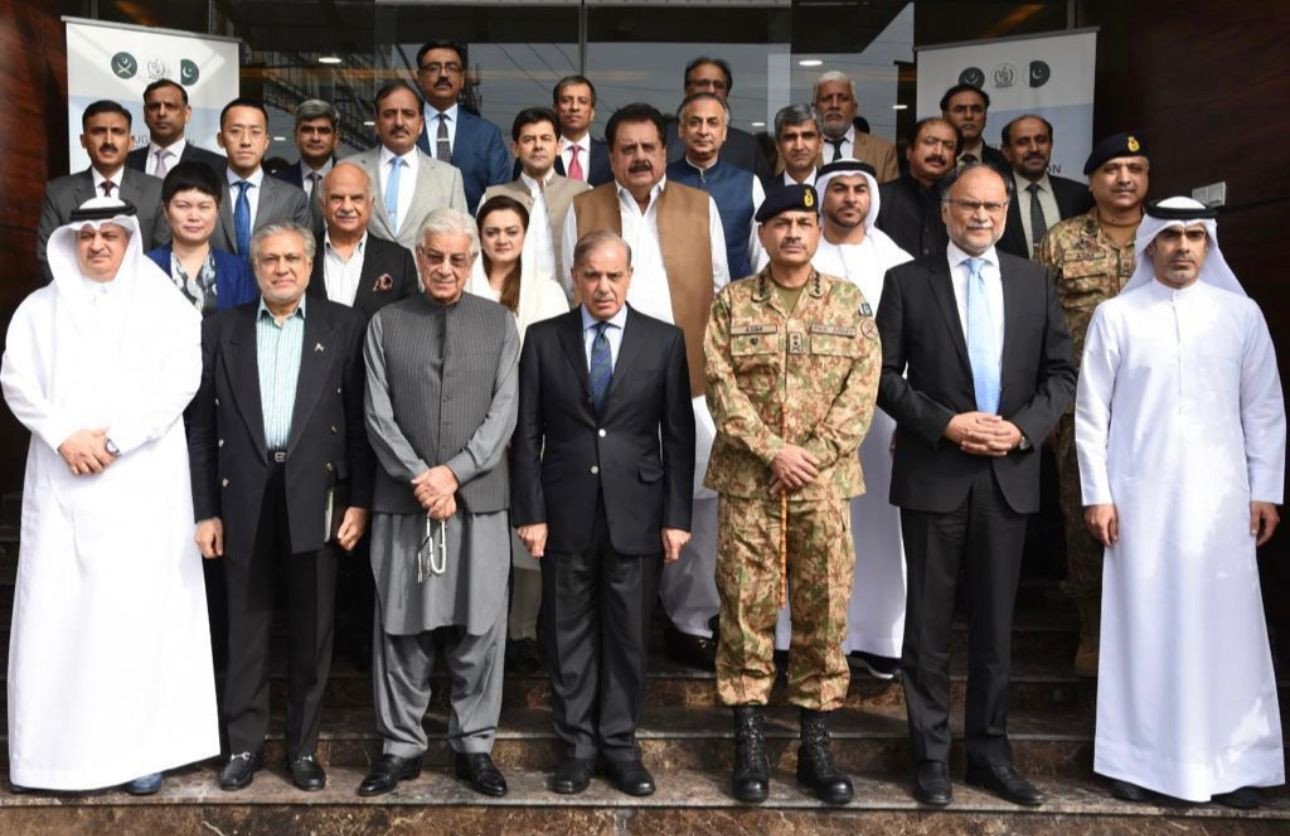Pakistan’s economy, which is based primarily on agriculture and employs 37.4% of the labour force and contributes 23% of the GDP, frequently experiences financial difficulties.

A senior official announced on Thursday that Pakistan has established a Land Information and Management System, Center of Excellence (LIMS-CoE) to improve modern agro-farming by utilising more than 9 million hectares of uncultivated state land. The official also noted that Saudi Arabia provided an initial $500 million investment to set up the facility.
Pakistan’s economy, which is based primarily on agriculture and employs 37.4% of the labour force and contributes 23% of the GDP, frequently experiences financial difficulties. Presently, productivity is still below average due to shrinking cultivable land, a production-population gap, and $10 billion in agricultural imports.
The World Food Program estimates that 18.3 percent of Pakistanis—or 36.9 percent—are experiencing severe food crises. In addition, cotton production has decreased by 40% to about 5 million bales over the past ten years, leaving the nation with a production shortfall of 4 million metric tonnes of wheat compared to a total demand of 30.8 million metric tonnes.
Maj. Gen. Shahid Nazeer, who oversees the LIMS-CoE, told reporters at a briefing on Thursday that Saudi Arabia had already given Pakistan $500 million for a high efficiency irrigation system.
“LISM-CoE has been established under the Director General Strategic Projects of the Pakistan Army with the aim of enhancing modern agro-farming utilising over 9 million hectares of uncultivated waste state land.”
According to the official, the cutting-edge system will revolutionise ways to direct agricultural development by bringing together real-time data about land, crops, weather, water resources, and pest management under one roof.
To increase Pakistan’s exports, the centre will collaborate on various agri projects with Saudi Arabia, the United Arab Emirates, Qatar, Bahrain, and China.
He added that this would be done under the auspices of the Special Investment Facilitation Council (SIFC), which was recently established to revive the Pakistani economy.
“In the next 3-4 days, a very high-powered Saudi delegation is coming to Pakistan to explore this kind of investment in four major sectors including agriculture, mines and minerals, information technology (IT), and defence production,” he said.
Using cutting-edge technologies and precise, sustainable agricultural practises based on the agro-ecological potential of the land, the LIMS-CoE, according to Nazeer, aims to ensure food security and optimise agricultural production in Pakistan while ensuring the welfare of rural communities and environmental preservation.
The main goals of the centre, according to him, “included consolidation and reclamation of uncultivated waste land, optimal decision-making regarding what and where to grow, creation of a master plan for modern farming, adoption of state-of-the-art agriculture management practises, practise of agro-intelligence for digital and precision agriculture, better utilisation of technology to enhance yield, and effective decision support system.”
According to the official, the LIMS-CoE recently launched contemporary agri-farming projects in Punjab. The use of certified hybrid seeds was being pursued, and joint ventures with multinational corporations were being developed concurrently, with the potential to yield significant profits.
A hybrid seed is created by purposefully cross-pollinating genetically diverse plants in agriculture and gardening.
“Hybrid seed gives 30 to 50 percent more yield; the world uses 80 percent hybrid seed, while only 8 percent of hybrid seed is currently used in Pakistan,” he continued.
